What Akira Kurosawa Watched (Or: 100 Ways to Expand Your Cinematic Mind)
And if not expand it, at least make your life a hell of a lot more interesting...
"To be an artist means never to avert one's eyes."
- Akira Kurosawa
5AM StoryTalk’s storytelling resource this week concerns filmmaker Akira Kurosawa. There are few directors as monumentally important to world cinema as he is. The more than thirty films he directed have influenced generations of the world’s greatest filmmakers.
As Francis Ford Coppola (The Godfather) once said of Kurosawa: “One thing that distinguishes Akira Kurosawa is that he didn’t just make a masterpiece or two masterpieces. He made eight masterpieces.”
These films have been endlessly officially and loosely (and sometimes even illegally) remade, especially Rashomon, Yojimbo, and Seven Samurai. For example: Clint Eastwood wouldn’t be the icon he is today if Sergio Leone hadn’t outright stolen Yojimbo and turned it into A Fistful of Dollars for the actor; George Lucas famously borrowed significant elements of The Hidden Fortress for Star Wars; and most recently, Zack Snyder lifted much of the plot of Seven Samurai for his film duology Rebel Moon.
Because of Kurosawa’s influence on the art of cinema and wider storytelling in general throughout the 20th century, it’s worth considering what kind of films he was most moved and inspired by himself. Below you will find his “100 favorite films”, though that’s a bit misleading - hence the quotation marks. The list was assembled after his death by his daughter, Kazuko Kurosawa, from his notes and shaped by their many personal conversations about cinema.
“My father always said that the films he loved were too many to count, and to make a top ten rank [was impossible],” she said. “That explains why you cannot find in this list many of the titles of the films he regarded as wonderful.”
Kazuko Kurosawa limited the following list to one film per filmmaker. Combing through it, I’ve only seen forty of the titles, but I can assure you it is comprised of numerous exceedingly beautiful films that exemplify the power of cinema to reveal profound human truths.
I’ll offer these observations about the list, as well…
First and foremost, there are no women on it. The exclusion of Agnès Varda, Chantal Akerman, and Margarethe von Trotta all startle. Equally startling is the absence of Orson Welles and, specifically, Citizen Kane. But I’d say just as much about others such as Preston Sturges, Michael Powell and Emeric Pressburger, and Rainer Werner Fassbinder; the omission of Elem Klimov’s Come and See (1985) might stand out more than any other because I was sure I would see it on here. Kurosawa died in 1998, so much of the American Independent Film Movement of the Nineties is also overlooked, including Pulp Fiction (1994). Central and South America and Africa have no presence and India, one of the world’s greatest film cultures for a century now, is also barely represented. As for the titles that were selected from acclaimed filmmakers, some of them are also very unusual given other, more significant films in their oeuvres, such as Martin Scorsese’s The King of Comedy (1983) rather than, say, Taxi Driver (1976), Raging Bull (1980), or Goodfellas (1988). Musicals, science-fiction/fantasy, and horror are almost wholly absent…which, to be fair, doesn’t surprise me at all, knowing Kurosawa’s instincts.
So, what do you make of this list? My advice to you is to consider the titles here that you haven’t heard of, the ones that feel completely alien to you or your experience, and dive in. Akira Kurosawa is a storytelling master, one of the greatest filmmakers ever to live, offering you a tour through cinema. Don’t pass it up.
Please note I’ve done my best to properly present the titles and names, given their internationally diverse origins. But I expect diacritics have been missed.
BROKEN BLOSSOMS OR THE YELLOW MAN AND THE GIRL (1919) – D.W. Griffith
DAS CABINET DES DR. CALIGARI / THE CABINET OF DR. CALIGARI (1920) – Robert Wiene
DR. MABUSE, DER SPIELER – EIN BILD DER ZEIT (PART 1 – PART 2) / DR. MABUSE, THE GAMBLER (1922) – Fritz Lang
THE GOLD RUSH (1925) – Charlie Chaplin
LA CHUTE DE LA MAISON USHER / THE FALL OF THE HOUSE OF USHER (1928) – Jean Epstein
UN CHIEN ANDALOU / AN ANDALUSIAN DOG (1928) – Luis Buñuel
MOROCCO (1930) – Josef von Sternberg
DER KONGREß TANZT (1931) – Erik Charell
DIE 3 GROSCHEN-OPER / THE THREEPENNY OPERA (1931) – G.W. Pabst
LEISE FLEHEN MEINE LIEDER / LOVER DIVINE (1933) – Will Forst
THE THIN MAN (1934) – W.S. Van Dyke
TONARI NO YAE-CHAN / MY LITTLE NEIGHBOUR, YAE (1934) – Yasujiro Shimazu
TANGE SAZEN YOWA: HYAKUMAN RYO NO TSUBO / SAZEN TANGE AND THE POT WORTH A MILLION RYO (1935) – Sadao Yamanaka
AKANISHI KAKITA / CAPRICIOUS YOUNG MEN (1936) – Mansaku Itami
LA GRANDE ILLUSION / THE GRAND ILLUSION (1937) – Jean Renoir
STELLA DALLAS (1937) – King Vidor
TSUZURIKATA KYOSHITSU / LESSONS IN ESSAY (1938) – Kajiro Yamamoto
TSUCHI / EARTH (1939) – Tomu Uchida
NINOTCHKA – (1939) Ernst Lubitsch
IVAN GROZNYY I, IVAN GROZNYY II: BOYARSKY ZAGOVOR / IVAN THE TERRIBLE PARTS I AND II (1944-46) – Sergei Eisenstein
MY DARLING CLEMENTINE (1946) – John Ford
IT’S A WONDERFUL LIFE – (1946) Frank Capra
THE BIG SLEEP (1946) – Howard Hawks
LADRI DI BICICLETTE / THE BICYCLE THIEF (1948) – Vittorio De Sica
AOI SANMYAKU / THE GREEN MOUNTAINS (1949) – Tadashi Imai
THE THIRD MAN – Carol Reed (1949)
BANSHUN /LATE SPRING (1949) – Yasujiro Ozu
ORPHEUS (1949) – Jean Cocteau
KARUMEN KOKYO NI KAERU / CARMEN COMES HOME – Keisuke Kinoshita, 1951.
A STREETCAR NAMED DESIRE (1951) – Elia Kazan
THÉRÈSE RAQUIN / THE ADULTRESS (1953) – Marcel Carné
SAIKAKU ICHIDAI ONNA / THE LIFE OF OHARU (1952) – Kenji Mizoguchi
VIAGGIO IN ITALIA / JOURNEY TO ITALY (1953) – Roberto Rossellini
GOJIRA /GODZILLA (1954) – Ishirō Honda
LA STRADA – Federico Fellini (1954)
UKIGUMO / FLOATING CLOUDS (1955) – Mikio Naruse
PATHER PANCHALI / SONG OF THE ROAD (1955) – Satyajit Ray
DADDY LONG LEGS (1955) – Jean Negulesco
THE PROUD ONES (1956) – Robert D. Webb
BAKUMATSU TAIYODEN / SUN IN THE LAST DAYS OF THE SHOGUNATE (1957) – Yūzō Kawashima
THE YOUNG LIONS (1957) – Edward Dmytryk
LES COUSINS / THE COUSINS (1959) – Claude Chabrol
LES QUARTE CENTS COUPS / THE 400 BLOWS (1959) – François Truffaut
A BOUT DE SOUFFLE / BREATHLESS (1960) – Jean-Luc Godard
BEN-HUR (1959) – William Wyler
OTOTO / HER BROTHER (1960) – Kon Ichikawa
UNE AUSSI LONGUE ABSENCE / THE LONG ABSENCE (1960) – Henri Colpi
LE VOYAGE EN BALLON / STOWAWAY IN THE SKY (1960) – Albert Lamorisse
PLEIN SOLEIL / PURPLE NOON (1960) – René Clément
ZAZIE DANS LE MÉTRO / ZAZIE ON THE SUBWAY (1960) – Louis Malle
L’ANNÉE DERNIÈRE À MARIENBAD / LAST YEAR IN MARIENBAD (1960) – Alain Resnais
WHATEVER HAPPENED TO BABY JANE? (1962) – Robert Aldrich
LAWRENCE OF ARABIA (1962) – David Lean
MÉLODIE EN SOUS-SOL / ANY NUMBER CAN WIN (1963) – Henri Verneuil
THE BIRDS (1963) – Alfred Hitchcock
IL DESERTO ROSSO / THE RED DESERT (1964) - Michelangelo Antonioni
WHO’S AFRAID OF VIRGINIA WOOLF? (1966) – Mike Nichols
BONNIE AND CLYDE (1967) – Arthur Penn
IN THE HEAT OF THE NIGHT (1967) – Norman Jewison
THE CHARGE OF THE LIGHT BRIGADE (1968) – Tony Richardson
MIDNIGHT COWBOY (1969) – John Schlesinger
M*A*S*H (1970) – Robert Altman
JOHNNY GOT HIS GUN (1971) – Dalton Trumbo
THE FRENCH CONNECTION (1971) – William Friedkin
EL ESPÍRITU DE LA COLMENA / SPIRIT OF THE BEEHIVE (1973) – Victor Erice
SOLYARIS / SOLARIS (1972) – Andrei Tarkovsky
THE DAY OF THE JACKAL (1974) – Fred Zinneman
GRUPPO DI FAMIGLIA IN UN INTERNO / CONVERSATION PIECE (1974) – Luchino Visconti
THE GODFATHER PART II (1974) – Francis Ford Coppola
SANDAKAN HACHIBAN SHŌKAN: BŌKYŌ / SANDAKAN NO. 8 (1974) – Kei Kumai
ONE FLEW OVER THE CUCKOO’S NEST (1976) – Milos Forman
O, THIASSOS / THE TROUPE (1975) – Theodoro Angelopoulos
BARRY LYNDON (1975) – Stanley Kubrick
DAICHI NO KOMORIUTA / LULLABY OF THE EARTH (1976) – Yasuzo Masumura
ANNIE HALL (1977) – Woody Allen
NEOKONCHENNAYA PYESA DLYA MEKHANICHESKOGO PIANINO / UNFINISHED PIECE FOR MECHANICAL PIANO (1977) – Nikita Mikhalkov
PADRE PADRONE / MY FATHER MY Master (1977) (Paolo and Vittorio Taviani
GLORIA (1980) – John Cassavetes
HARUKANARU YAMA NO YOBIGOE /A DISTANT CRY FROM SPRING (1980) – Yoji Yamada
LA TRAVIATA (1982) – Franco Zeffirelli
FANNY OCH ALEXANDER / FANNY AND ALEXANDER (1982) – Ingmar Bergman
FITZCARRALDO (1982) – Werner Herzog
THE KING OF COMEDY (1983) – Martin Scorsese
MERRY CHRISTMAS MR. LAWRENCE – Nagisa Ōshima, 1983.
THE KILLING FIELDS (1984) – Roland Joffé
STRANGER THAN PARADISE (1984) – Jim Jarmusch
DŌNGDŌNG DE JIÀQĪ / A SUMMER AT GRANDPA’S (1984) – Hou Hsiao-hsien
PARIS, TEXAS (1984) – Wim Wenders
WITNESS (1985) – Peter Weir
THE TRIP TO BOUNTIFUL (1985) – Peter Masterson
OTAC NA SLUŽBENOM PUTU / WHEN FATHER WAS AWAY ON BUSINESS (1985) – Emir Kusturica
THE DEAD (1987) – John Huston
KHANE-YE DOUST KODJAST? / WHERE IS THE FRIEND’S HOME? (1987) – Abbas Kiarostami
BAGDAD CAFE (1987) – Percy Adlon
THE WHALES OF AUGUST (1987) – Lindsay Anderson
RUNNING ON EMPTY (1988) – Sidney Lumet
TONARI NO TOTORO / MY NEIGHBOUR TOTORO (1988) – Hayao Miyazaki
A UN / BUDDIES (1989) – Yasuo Furuhata
LA BELLE NOISEUSE / THE BEAUTIFUL TROUBLEMAKER (1991) – Jacques Rivette
HANA-BI / FIREWORKS (1997) – Takeshi Kitano
If this article added anything to your life but you’re not up for a paid subscription, please consider buying me a “coffee” so I can keep as much of this newsletter free as possible for the dreamers who couldn’t afford it otherwise.
If you enjoyed this particular article, these other three might also prove of interest to you:




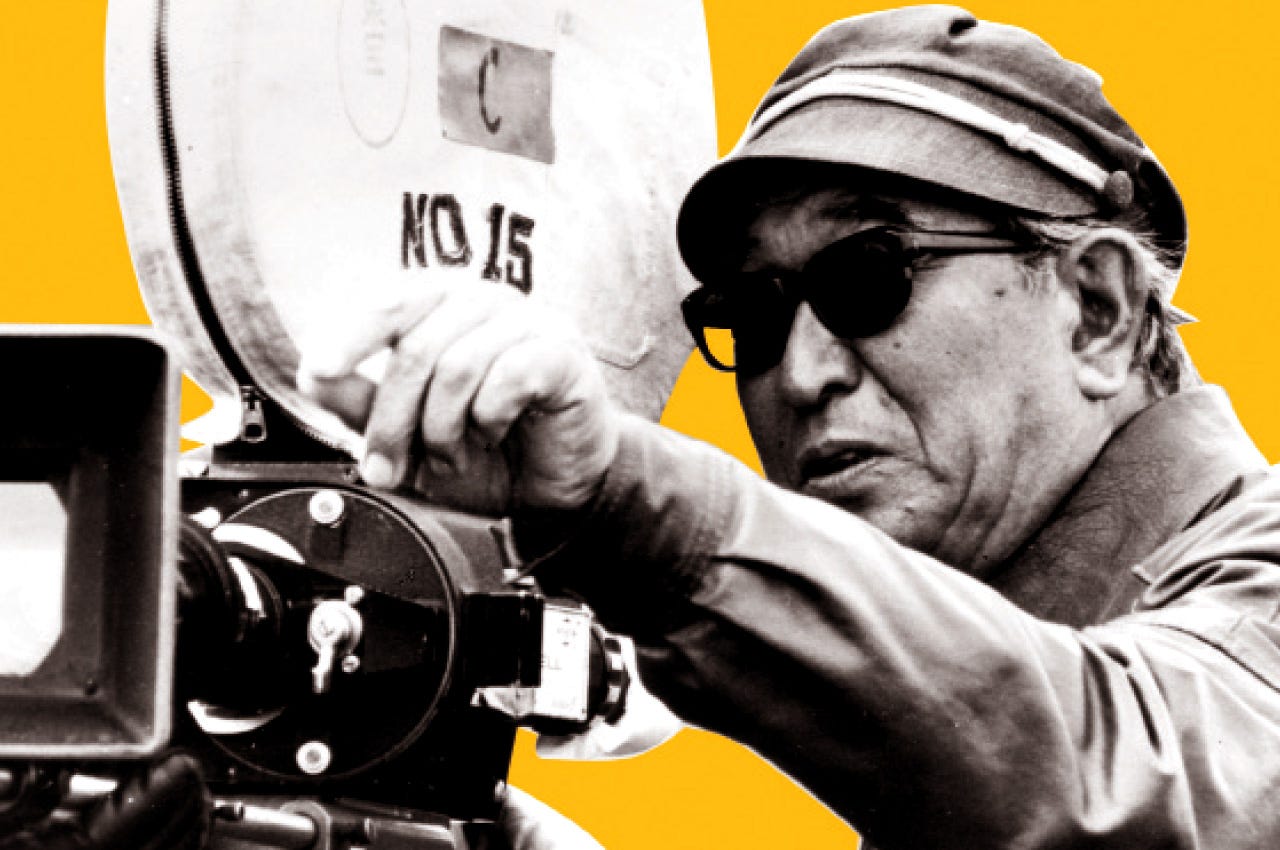
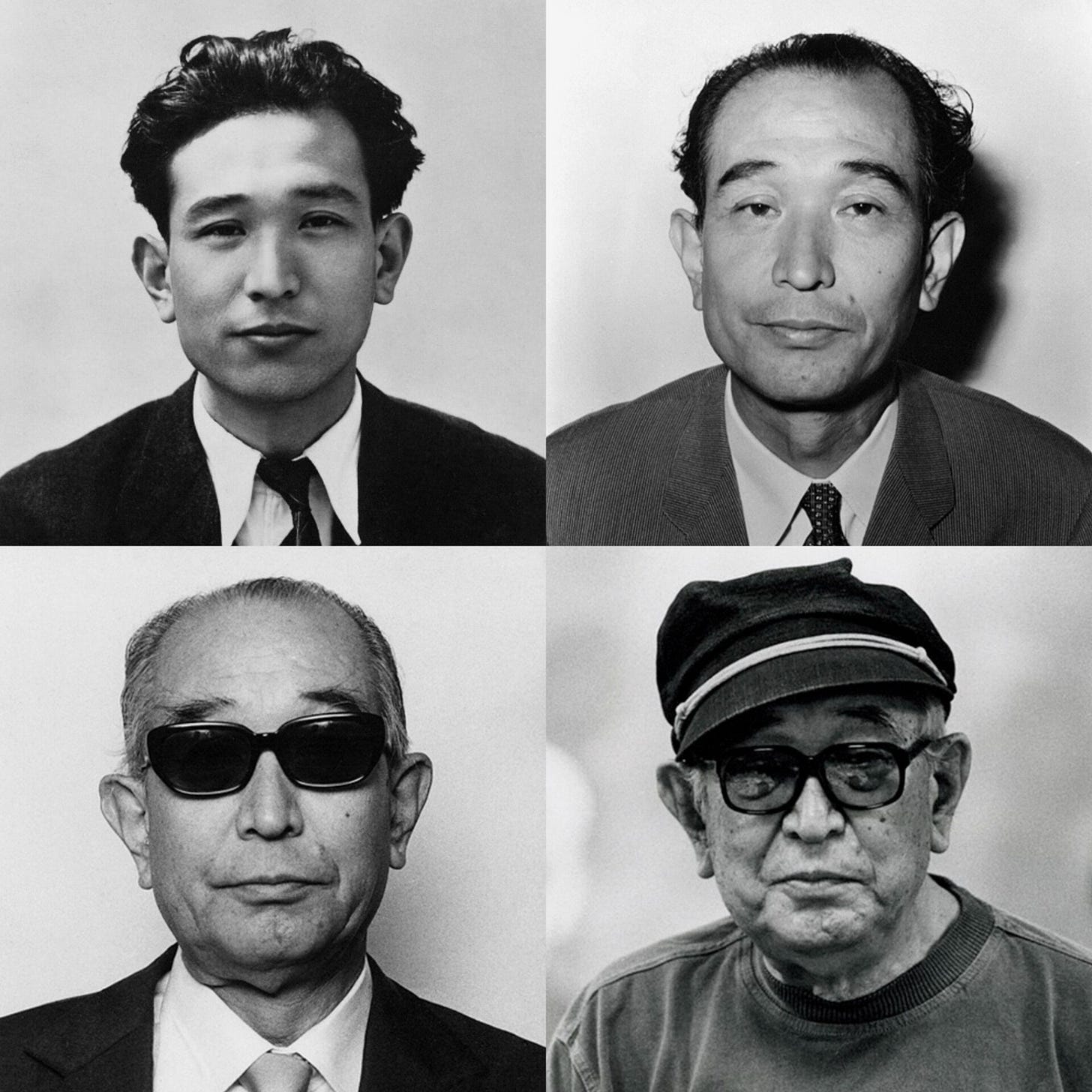
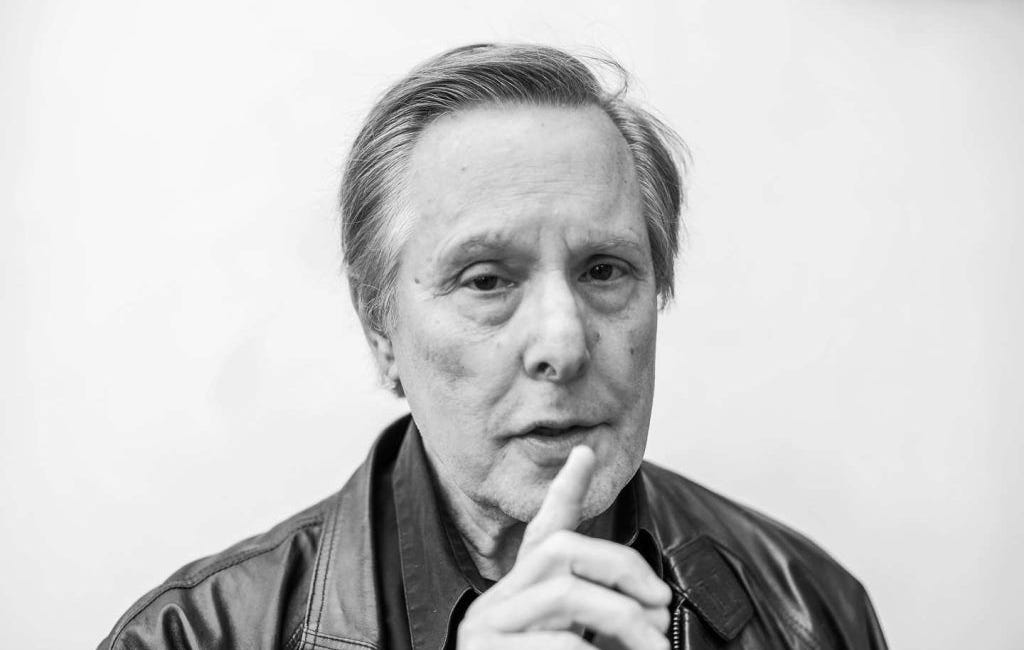
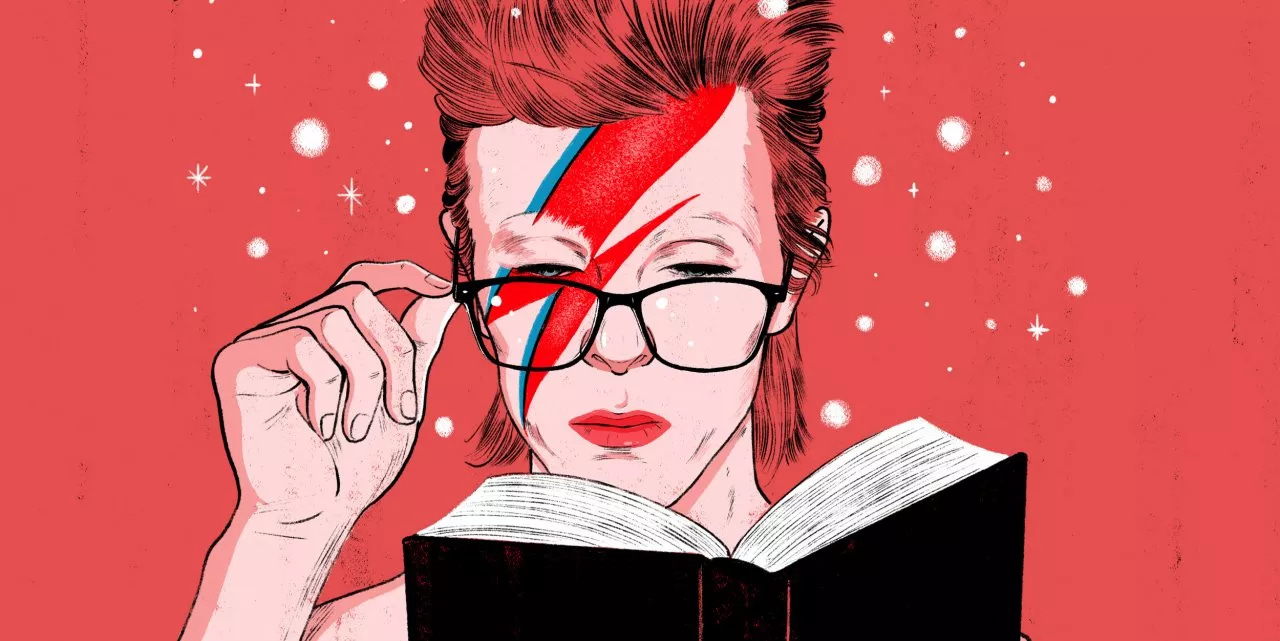
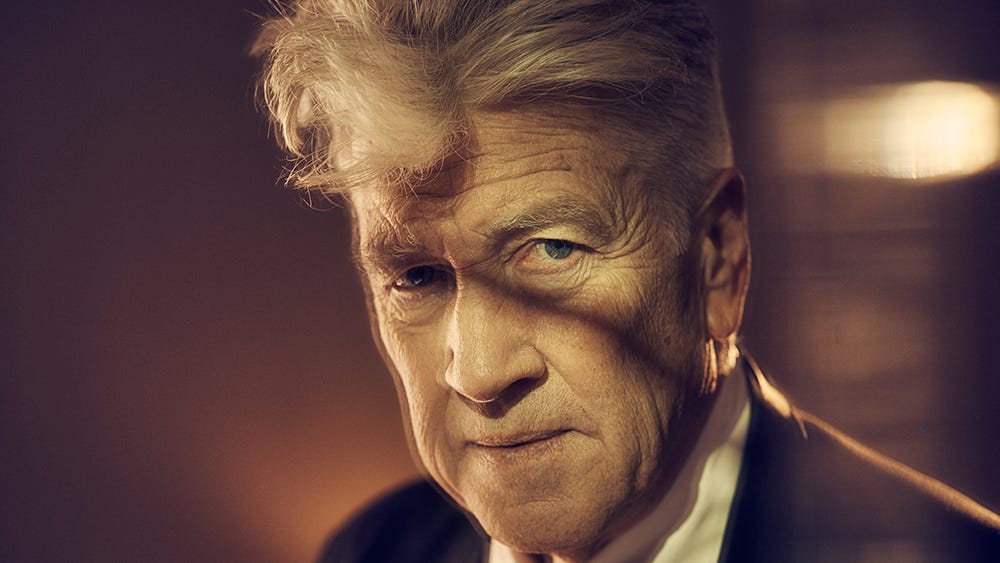
TOTORO! Hell yes. And I'm so happy John Cassavetes is on this list.
This is fascinating. Who would have suspected that Kurosawa loved The Thin Man, or Annie Hall?